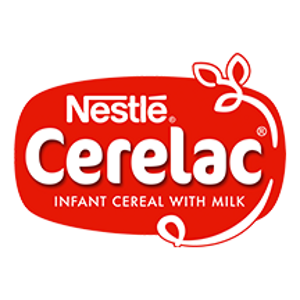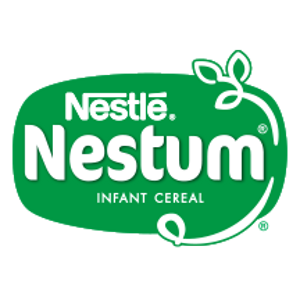
The essential role of breast milk proteins in your baby’s growth and development
Learn about protein quality, quantity, and its role in reducing allergy risks.
Understanding the Importance of protein for your baby
Medical experts and researchers consider protein as one of the most important nutrients for your baby’s growth, health, and development. As the most abundant component in the body, next to water, proteins are found in every cell of your baby’s body.
They provide the necessary materials for muscles, blood, and skin, and serve vital functions such as transporting oxygen, forming antibodies to neutralise harmful substances, and creating enzymes and hormones that facilitate communication between organs.
The quality and quantity of proteins your baby receives in early life can significantly impact their future health. Breast milk proteins are the building blocks of life, ensuring your baby receives the right mix of high-quality protein in the amounts needed for optimal growth.
The role of breast milk proteins in healthy growth
There is no need to worry about your baby’s protein intake; breast milk provides just the right amount of high-quality protein. Researchers believe that the protein in breast milk may play a crucial role in reducing the risk of becoming overweight later in life.
Optimal protein quantity and quality support healthy growth, including normal weight gain, which is associated with a decreased risk of later overweight and obesity.
The dynamic nature of breast milk proteins
Breast milk is truly remarkable! Did you know that its composition changes depending on the age of your baby? This adaptability ensures that your baby’s growth and development needs are continually met.
When your baby is very young, they consume small quantities of breast milk, so the protein content per 100mL is high to support rapid growth.
As your baby grows and consumes larger quantities of breast milk, the protein content per 100mL decreases, maintaining the balance needed for their development.
Proteins are made up of smaller components called amino acids, each playing a specific role in your baby’s health. The unique combination of these amino acids in the right quantities defines the quality of proteins.
It is this exceptional quality and quantity of breast milk protein that sets it apart.
Low allergenic potential of breast milk proteins
It is well-known that foreign proteins in foods may cause allergic reactions, particularly from the introduction of solids until three years of age. One of the great advantages of breast milk is its low allergenic potential.
This means that our bodies naturally recognise breast milk protein as harmless, effectively avoiding the triggering of allergic reactions against it.
Breast milk proteins play a vital role in your baby’s growth, health, and development. Understanding the significance of protein quality and quantity can help you make informed choices for your child.
To stay updated on nutrition, development, and parenting, consider signing up for FamilyNes. By joining our community, you will receive personalised materials and insights tailored to your family's needs. Embrace the journey of parenthood with the right resources at your fingertips!

































